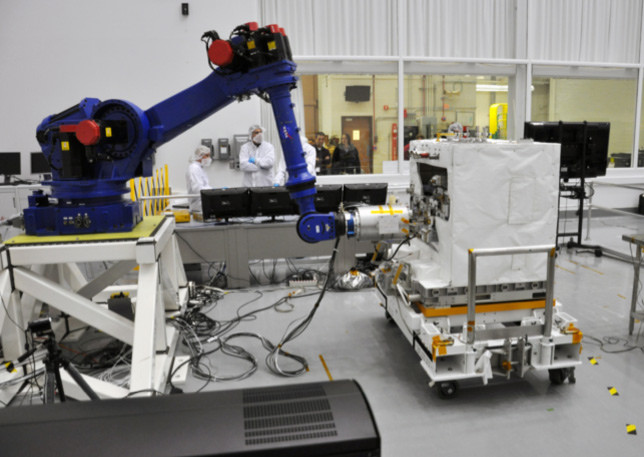Technological progress does bring a plethora of advantages to our lives. Everything becomes quicker and more efficient. However, advancement will one day cripple our capacity to do jobs, as what reports are saying.
A McKinsey research cited in this journal indicates that there'll be around 800 million people whose role in the global workforce will someday be replaced by technology. The study's projection is somewhat harrowing, given that this scenario could happen in the next 10 years.
In the UK, for example, it is already projected that more than 250,000 employees working in the government will likely to pass on their jobs to software programs.
Among the obvious reasons why human efforts will someday be rendered obsolete may include factors like the rapid development of Artificial Intelligence (AI), digitalization, and the widespread use of robotics in the manufacturing sector.
An article from Digital Trend listed 8 areas where AI and automation can hit pretty hard.
Telemarketing and customer service, for example, can now be taken over by chatbots and other programs capable of making intelligible conversations.
Construction works and other manual labor jobs are also included. Unlike human workers, robots have the ability to work round the clock without even breaking a sweat. This is already evident in cases like farms using machines to harvest produce or construction companies employing automatic equipment for bricklaying.
Even in the food industry, AI has become a threat. According to the article, IBM was able to create a chef robot, named Chef Watson, that is capable of generating new recipes based on its extensive knowledge of taste and food chemistry.
Companies will definitely get to enjoy the cost-cutting effect of going full-automatic. Human errors will be eradicated. Human intervention, which takes a long time to process, will be overridden by machines. Furthermore, replacing everything with robots can greatly reduce rising overhead costs that companies have to spend on human workers.
There are still others who believe in the good things that may come out of this development.
According to another study cited in a separate report, the boom of AI could instead "create more jobs" than it poised to eliminate by the year 2020. This promising scenario is likely to occur in the fields of health care and education, where human-held jobs are seen to increase.
The study further suggests that while AI systems can create a dramatic effect on productivity, it must be known just as well that not all automated systems can function without human intervention. IT professionals, in this case, are badly needed to oversee the efficiency of the system.






